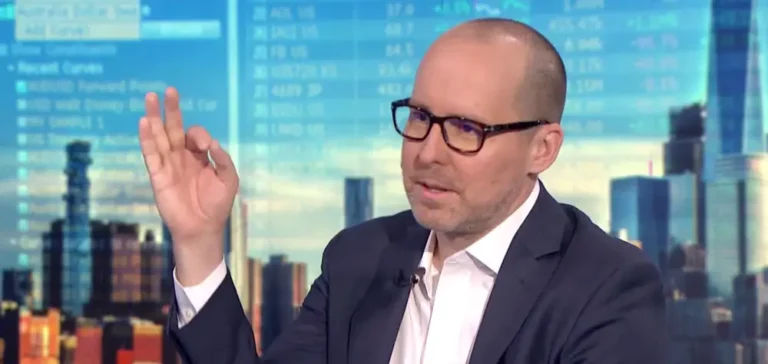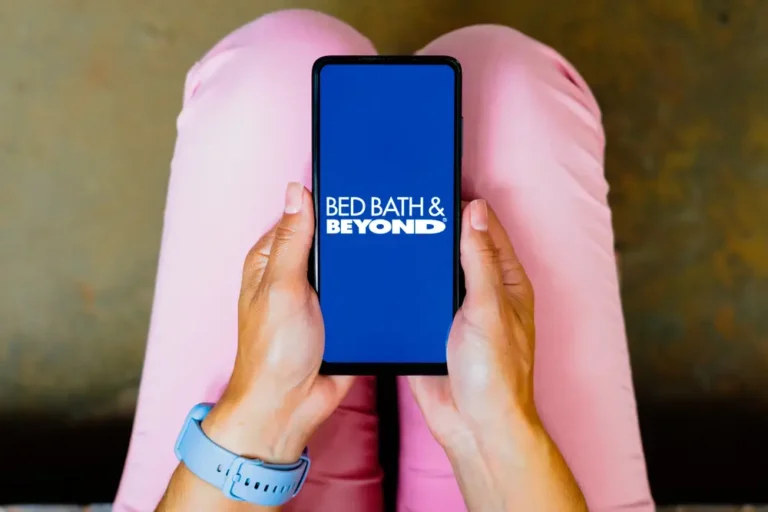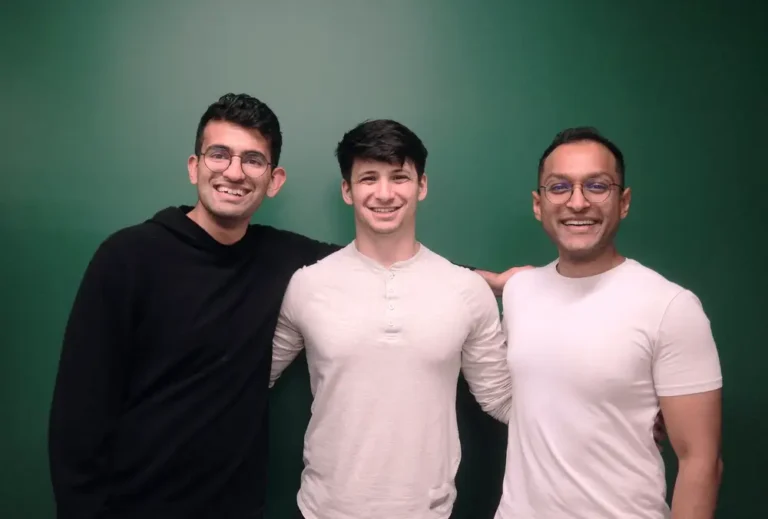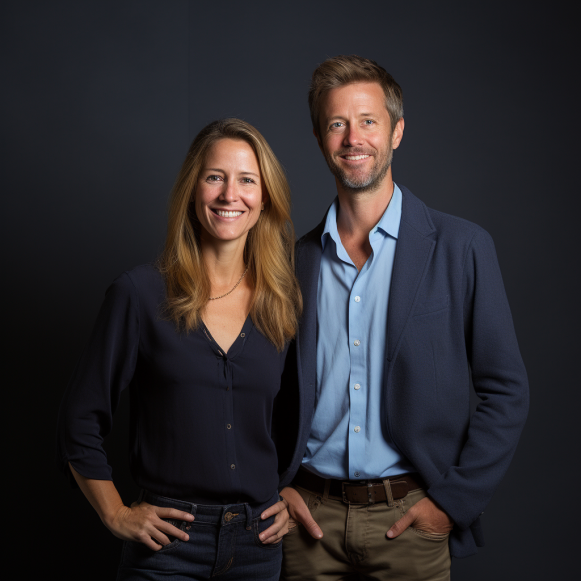A real-estate investor who went from zero savings to financially independent couldn’t always qualify for a mortgage. She shares the 2-part strategy she used to buy her first home.

- Zeona McIntyre had to get creative for her first home purchase, as she didn’t have savings or consistent income.
- She started by doing ‘rental arbitrage’ to increase her income and build up savings.
- Then, she obtained a private loan, rather than going through a traditional mortgage lender.
Zeona McIntyre used to believe that becoming a property investor, or even a homeowner, was out of her league.
She added that as she was finishing up a massage therapist program in her early twenties, the prospect of purchasing a home seemed impossible.
She had to overcome two major obstacles: For starters, she didn’t have any money set aside for a down payment or closing costs. Second, she didn’t have consistent income to show a mortgage lender, which would reduce her chances of getting a loan approved.
According to settlement statements obtained by Insider, she now owns 12 rental units spread across nine properties at the age of 37. She considers herself financially independent because her rental income more than covers her bills, but she still works. She is a realtor, consultant, and the author of “30-Day Stay,” a book that details her current real-estate investing strategy.
It took time and effort for her to buy her first home in 2014. Here’s her two-pronged strategy.
Step 1: She did ‘rental arbitrage’ to increase her income and build up savings
After finishing her degree in 2012, McIntyre was earning enough money doing massages to pay the bills but not enough to save.
McIntyre was inspired by a friend who was able to fund a year’s worth of travel by renting out his New York City apartment on Airbnb, so she decided to do the same with her two-bedroom Boulder apartment. She listed her extra room on the platform and began earning money right away.
“It turned out to be so good that I started renting my room and going to stay with friends or pet sitting so that I could be in someone else’s house,” she explained. “I was like,’I need to do more of these.'”
She decided to rent another apartment but lacked the funds to pay a security deposit and furnish the space. That’s when she got her first loan, she explained: “I borrowed $4,000 from my dad, and that was enough for a little bit of furniture and a security deposit.”
McIntyre did Airbnb arbitrage for the next two years, renting four bedrooms across two apartments on Airbnb and living in whatever room was vacant on any given day.
“I spent about two years living out of a suitcase and just bopping around,” she explained. That is unquestionably easier to do when you are young. It is not suitable for everyone.” But, in the end, it worked: after about two years of living between two apartments and listing each individual bedroom on Airbnb, she’d saved enough money to buy her own home.
McIntyre advises anyone interested in making extra money through real estate to begin by assessing their current living situation.
“There are many parts of the house that people don’t use,” she explained. “They might have a basement or a guest room that they weren’t using very much.”There’s also the option to co-host if you don’t have a spare room,” she added. “Perhaps you have a family member who owns a lake house, and you could ask, ‘Hey, what’s that house doing sitting around?'” ‘Would you like to make some extra money from it?'”
Once you’ve established a listing space, try renting it on a holiday weekend or during a major event in your town or city. See if you can earn some extra money. Then consider whether you enjoyed the process.
“AirbnB is like training wheels,” McIntyre explained. “You have the opportunity to try it before you buy it.” Then you’ll understand the seasons and know what you can make.”
Step 2: She obtained a private loan, rather than going through a traditional mortgage lender
McIntyre had enough money after two years of rental arbitrage to seriously consider buying her own place. But, because she didn’t have a traditional job, she didn’t have the track record to qualify for a mortgage, she explained: “Back then, Airbnb income wasn’t seen as income.” It was still early, and no one knew what to make of it.”
A traditional mortgage lender will consider factors such as your work history before approving you for a loan to ensure you can afford to make your mortgage payments. They also take into account your credit score, debt-to-income ratio, and down payment amount.
“I just felt like, at the time, I wouldn’t be able to qualify for a loan,” said McIntyre, who had found a $162,000 one-bedroom condo in Boulder that she wanted to buy. So she approached one of her former landlords, who was also an investor and a private money lender, and requested a loan.
“I practiced my speech in the shower, got my courage up, and went and talked to him,” she explained. “It was surprisingly simple. I must have caught him on a good day with enough money in his bank, because he was very open and eager to assist me. We worked out a private loan, and he didn’t require any proof of my income. He knew I worked in massage and thought I could afford it.”
“I had put 20% down and he gave me a 5% loan, interest-only,” she explained. “From what I’d heard from other private money investors and flippers, those loans are typically more expensive, like 10%, so I was actually quite fortunate.” But, because I had a ticking clock, an interest-only loan was intense for me.”
The borrower is only required to pay the interest (not the principal) on these types of loans for a set period of time. When the interest-only period expires, the borrower will either refinance, begin making regular monthly payments, or pay off the loan balance in full.
It would be a lump-sum payment in McIntyre’s case, she said: “I don’t remember if my term was three years or five years, but at the end of it, I had this balloon payment.” As a result, it was a little stressful. But what he was really trying to do was give me some breathing room so that I could qualify for a loan.”
Because of an unexpected family tragedy, she was able to pay off the entire private loan early.
“When my mother died, I received a life insurance payout,” McIntyre explained. She decided to apply it to the balance she owed her former landlord.
“He wasn’t thrilled with me paying it off so quickly because he wanted to profit from the interest,” she added. However, the arrangement had been so successful that she approached him again before purchasing her second investment property. “We did another interest-only loan, which was fantastic because it allowed me to pay cash, allowing me to close quickly.” It took about two weeks.”
McIntyre continued to use innovative financing strategies as she expanded her portfolio.
“The first six or seven properties that I bought, I bought without getting a mortgage myself,” she explained. One of her preferred strategies was to collaborate with another investor: “I would partner with somebody who had a solid W-2 job, we would split the down payment and the furnishings, and they would get the mortgage.”
She likes to highlight creative ways to get your foot in the door because she’s learned that, in the end, wealth is built from time in the market, which means that if you can buy and hold property sooner rather than later, you’ll be in a better position later on.
“The best thing you have in your favor is starting as soon as you can,” McIntyre advised. “I’ve devised novel ways to generate cash flow, but the majority of the cash flow is insignificant.” A large portion of that is reinvested back into the home — things break — and is consumed by the cost of home maintenance. However, the gains over time are where we make money as real estate investors.”
McIntyre’s first condo, for example, appreciated significantly in just one year. “I was very fortunate that there was a big appreciation wave in Boulder within the first couple of months of buying it,” she admitted, “and my property went up about $100,000.”
During the pandemic, she witnessed yet another appreciation wave.
“In Covid, I had about $500,000 in gains across all of my properties,” McIntyre explained. “It can happen like that — and there will be more of it.” So just by getting in, you’re essentially parking a couple of things that could go off in a positive way at any time.”






